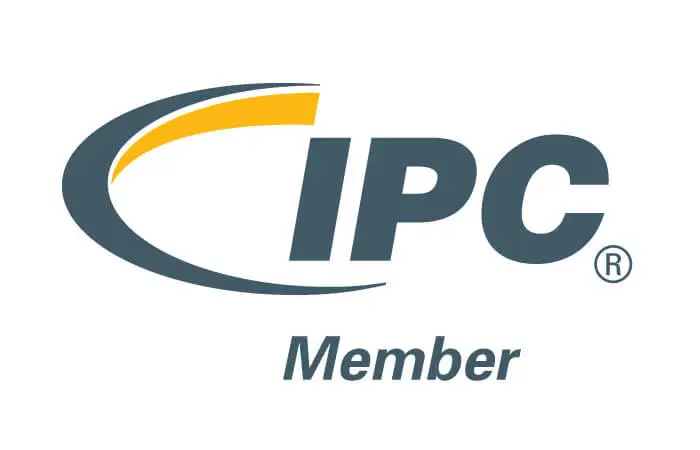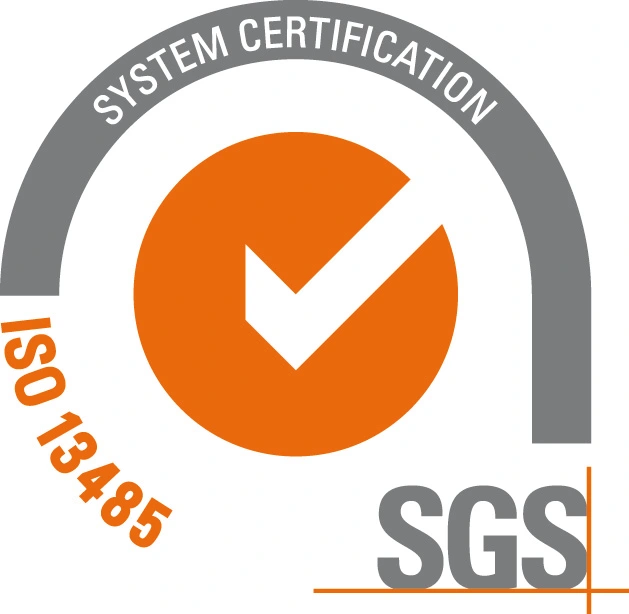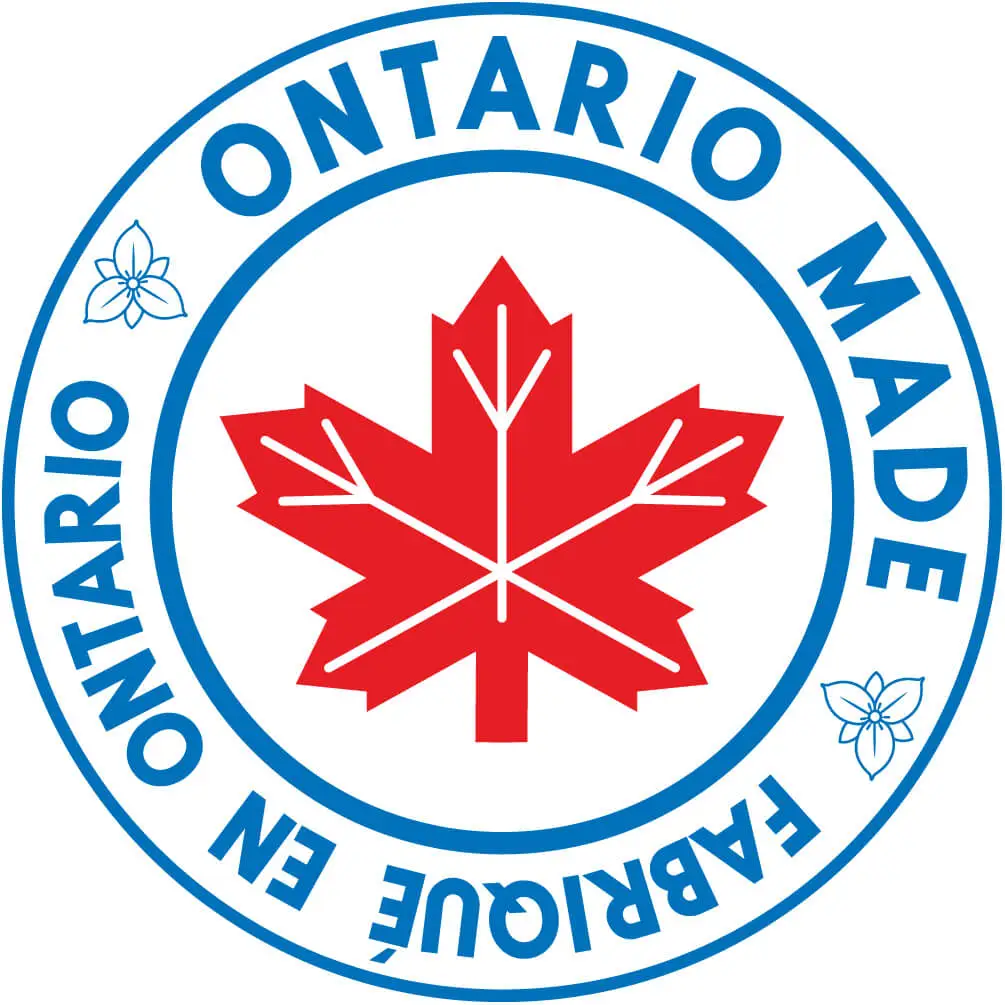TURN-KEY PCB ASSEMBLY: BITTELE ELECTRONICS
PCB MANUFACTURING AND ASSEMBLY
Full Turn-Key PCB Manufacturer
You can quickly get quotes and order PCB fabrication and assembly using our online system. Take advantage of exclusive automatic discounts with our tool. Our BOM pricing tool ensures you receive the lowest price for your order.
START A TURN-KEY PCB ORDER
PCB testing for medical devices
PCB testing is an essential part of the manufacturing process for medical devices. It ensures that the devices are safe, reliable, and meet the required quality standards. Bittele Electronics, a Toronto-based turn-key PCB assembly firm, specializes in prototype and low-to-mid volume printed circuit board assembly (PCBA). The company has recently received the ISO 13485 certification for its Shenzhen, China manufacturing facility, which is an internationally recognized standard that sets out the requirements for a quality management system specific to the medical devices industry. This certification ensures that the PCBs for medical devices assembled by Bittele Electronics are of the highest quality standard with repeatable and reliable results.
Bittele Electronics performs 100% electrical testing on all bare PCBs produced at its facilities as per IPC-9252 specifications. The company uses either the Bed of Nails Fixture method or the Flying Probe method to perform the testing in its circuit board manufacturing process. To test the PCBs, Bittele Electronics requires the NETLIST file.
When it comes to PCB assembly for medical equipment, there are more strict tolerances on the material qualifications, assembly inspection procedures, and PCB fabrication processes. Boards that are in accordance with this standard are designed to be safe, reliable, and maintain a long-life cycle. Bittele Electronics can fabricate and assemble boards that have an IPC class 3 requirement.
In conclusion, PCB testing is a crucial step in the manufacturing process of medical devices. Bittele Electronics, with its ISO 13485 certification and 100% electrical testing on all bare PCBs, is a reliable and trustworthy partner for medical device manufacturers. The company’s expertise in PCB assembly for medical equipment ensures that the boards are safe, reliable, and maintain a long-life cycle.
Related Articles:
Please briefly describe the information you are seeking in the search bar below.






 English
English